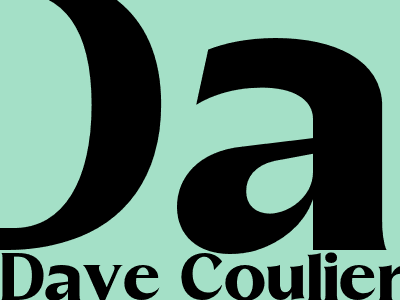
Dave Coulier, who played Uncle Joey in 'Full House,' reveals he has cancer
The actor disclosed his health condition at a benefit show in Michigan
Dave Coulier, who played the beloved Uncle Joey on the sitcom "Full House," revealed that he has been diagnosed with cancer.
Coulier made the announcement during a benefit show in Michigan on Saturday, October 22, 2022. He told the audience that he had been diagnosed with stage 4 oral cancer.
Coulier said that he had been experiencing some pain in his mouth for several months, but he initially thought it was just a toothache. He finally went to the doctor, and they discovered a tumor on his tongue.
Coulier is undergoing treatment and is optimistic about his recovery
Coulier is currently undergoing radiation and chemotherapy treatment. He said that the treatment is going well, and he is optimistic about his recovery.
"I'm gonna fight this thing," Coulier said. "I'm gonna beat this thing."
Coulier's diagnosis has come as a shock to his fans and friends. He is known for his upbeat personality and his love of life. He is a talented actor and comedian, and he has brought joy to millions of people around the world.
Coulier's diagnosis is a reminder that cancer can strike anyone, regardless of age or health. It is important to be aware of the symptoms of cancer and to see your doctor if you have any concerns.
Symptoms of oral cancer
- A lump or thickening in the mouth
- A sore or irritation in the mouth that does not heal
- Difficulty chewing or swallowing
- Numbness or pain in the mouth
- Changes in the color of the gums or the lining of the mouth
If you have any of these symptoms, it is important to see your doctor right away.
Treatment for oral cancer
The treatment for oral cancer depends on the stage of the cancer and the patient's overall health. Treatment options may include surgery, radiation therapy, chemotherapy, and targeted therapy.
Surgery is often the primary treatment for oral cancer. The type of surgery will depend on the size and location of the tumor.
Radiation therapy uses high-energy beams to kill cancer cells. Radiation therapy may be used before or after surgery, or it may be used as a standalone treatment.
Chemotherapy uses drugs to kill cancer cells. Chemotherapy may be given orally or intravenously.
Targeted therapy uses drugs that target specific molecules on cancer cells. Targeted therapy may be used in combination with other treatments.
The prognosis for oral cancer depends on the stage of the cancer and the patient's overall health. The earlier the cancer is diagnosed and treated, the better the prognosis.